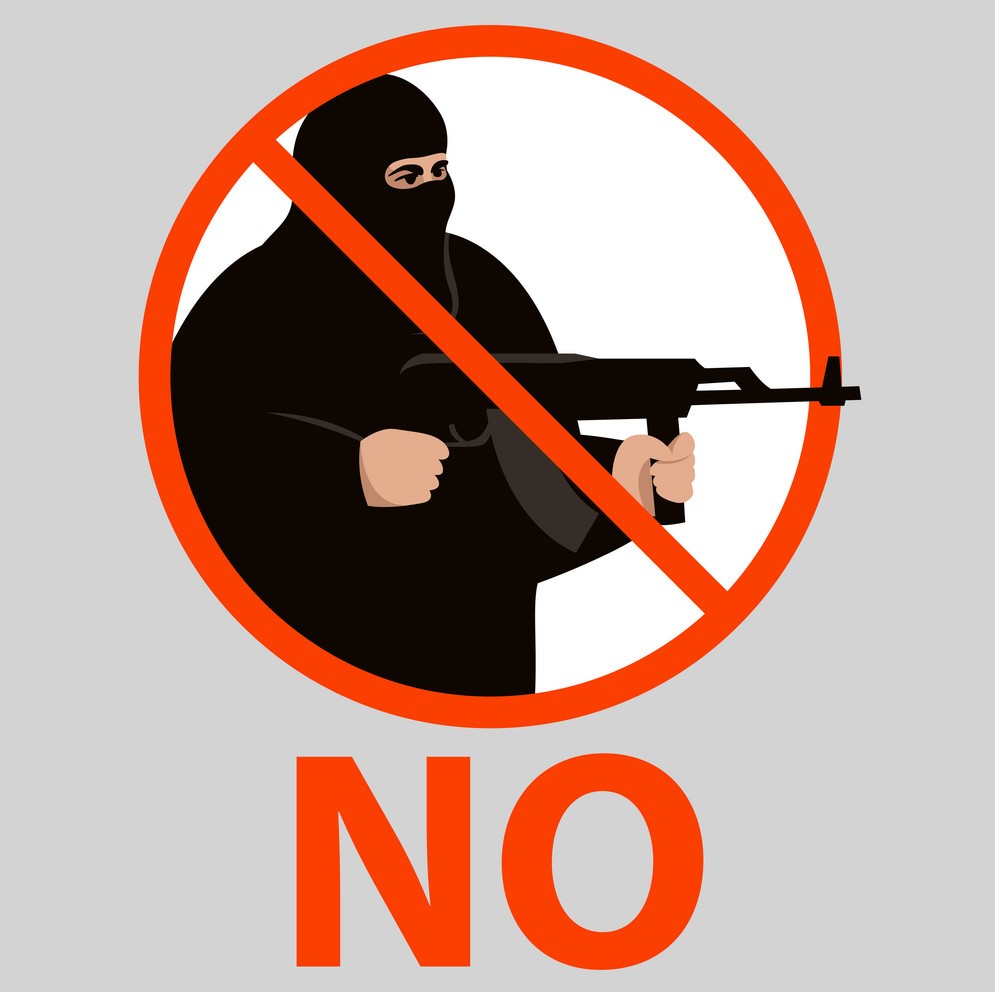News Highlight
The Defence Minister said that any form of terrorism, including cross-border terrorism, is a “crime against humanity”, and the menace must be dealt with unitedly at an SCO meeting in Tashkent.
Key Takeaway
- The defence minister at the SCO (Shanghai Cooperation Organisation) meeting said that the grouping must work together to eliminate terrorism in all its forms.
- He also said there is a need to strengthen ties among the SCO member states bilaterally and within the framework of the organisation based on “equality, respect, and mutual understanding.”
- The defence minister also voiced India’s full support for a peaceful, secure and stable Afghanistan while highlighting the need to respect its sovereignty, independence, territorial integrity, national unity and non-interference in internal affairs.
Shanghai Cooperation Organisation (SCO)
- The SCO is a permanent intergovernmental international organisation, the creation of which was announced on 15 June 2001 in Shanghai (China) by the Republic of Kazakhstan, the People’s Republic of China, the Kyrgyz Republic, the Russian Federation, the Republic of Tajikistan, and the Republic of Uzbekistan.
- China, Kyrgyzstan, Tajikistan, Kazakhstan, and Russia made up the Shanghai Five before the SCO was founded in 2001.
- The Shanghai Five became known as the SCO after Uzbekistan joined the group in 2001. Pakistan and India joined in 2017.
- Beijing-based SCO Secretariat offers organisational, analytical, and informational support.
Terrorism
- It is the unlawful use of violence and intimidation, especially against civilians, to pursue political aims.
Factors perpetuating terrorism
- Socio-Economic reasons:
- The various forms of deprivation drive people to terrorism, such as lack of education or political freedom.
- The notion of injustice:
- The notion of injustice (whether real or perceived) arises because of disappointment with democratic processes, widespread corruption, police violence, and perceived or actual discrimination.
- Poverty:
- It is generally believed that violent terrorist activities are fueled by excessive poverty.
- People who feel deprived of economic resources are easily motivated to spread terror activities for monetary benefit.
- For example, the Naxalite movement in India is more prevalent in poor states than the Al-Qaeda group in Afghanistan.
- Spillover effect:
- Terrorism in one country can spill over into neighbouring areas. (for instance, Al-Qaeda in Afghanistan)
- This is primarily because of the unpleasant relationship with India’s neighbours and the porous borders.
Impacts of terrorism
- Political impact:
- Terrorist acts lead to government and governance system instability.
- For example, the killing of Rajiv Gandhi affected the political situation.
- Economic impact:
- The global economic impact of terrorism was estimated at $26.4 billion in 2019.
- Terrorist activities negatively impact investor sentiment; fewer foreign tourists prefer to visit the country, leading to a loss of foreign exchange.
- Loss of life:
- Globally, deaths attributed to terrorism in 2019 were more than 13,000, of which 277 deaths took place in India (Global Terrorism Index 2020)
- Hampers the social fabric:
- Terrorism leads to the creation of group divide and reduces the trust/faith of citizens, and strengthens the communal identity.
- Physical destruction:
- Destroy existing plants, machines, transportation systems, workers, and other economic resources.
- For example, the attack on the World Trade Centre on Sept. 11, 2001.
Indian initiatives for tackling terrorism
- The Prevention of Terrorism Act, 2002:
- It defined ‘Terrorist act’; seizure and forfeiture of proceeds of terrorism; unauthorised possession of firearms; enhanced powers to investigating officers; increased period of police custody; constitution of special courts etc.
- However, the act was later repealed.
- The Unlawful Activities (Prevention) Act, 1967:
- This law was enacted to prevent certain unlawful activities of individuals and associations more effectively.
- It empowered appropriate authorities to declare any association as ‘unlawful.’
- In 2019, the Act was amended to designate an individual as a terrorist.
- Terror Funding and Fake Currency (TFFC) Cell:
- It has been constituted by the National Investigation Agency (NIA) to conduct a focused investigation of terror funding and fake currency cases.
- The Border Area Development Program(BADP):
- BADP aims to meet the unique developmental needs and well-being of the people living in remote and inaccessible areas near the International Boundary (IB).
Global initiatives for tackling terrorism
- The United Nations Global Counter-Terrorism Strategy:
- It is based on four main pillars, tackling conditions that spread terrorism; increasing state capability, ensuring respect for human rights; and guaranteeing the rule of law in the fight against terrorism
- The Counter-Terrorism Implementation Task Force (CTITF):
- It aims to step up the coordination and coherence of United Nations activities in the global fight against terrorism field.
- The Resolution 1267 Committee:
- It establishes the sanctions on individuals and groups associated with Al Qaeda, the Taliban and other terrorist organisations.
- The Financial Action Task Force(FATF):
- The FATF is an intergovernmental organisation that developed policies to combat money laundering and terrorism financing.
Way forward
- The Need for Comprehensive Anti-Terrorist Legislation:
- A comprehensive and practical legal framework to deal with all aspects of terrorism needs to be enacted, with adequate safeguards to prevent its misuse.
- The Definition of Terrorism:
- There is a need to define more clearly those criminal acts which can be construed as being terrorist, such as the use of firearms for damaging militarily significant establishments, the assassination of public functionaries etc.
- Utilising Regional Economic Intelligence Councils (REICs):
- It would be helpful to utilise the platform provided by the REICs for increased coordination among various investigation agencies in cases which are suspected to be linked with money laundering
- Role of the Media:
- The media should be encouraged to evolve a self-regulating code of conduct to ensure that publicity arising out of terrorist attacks does not help the terrorists in their anti-national designs
- Training:
- Appropriate sensitisation training should be given to security forces to avoid alienation of the people and to enlist their cooperation.
Content Source: The Hindu



